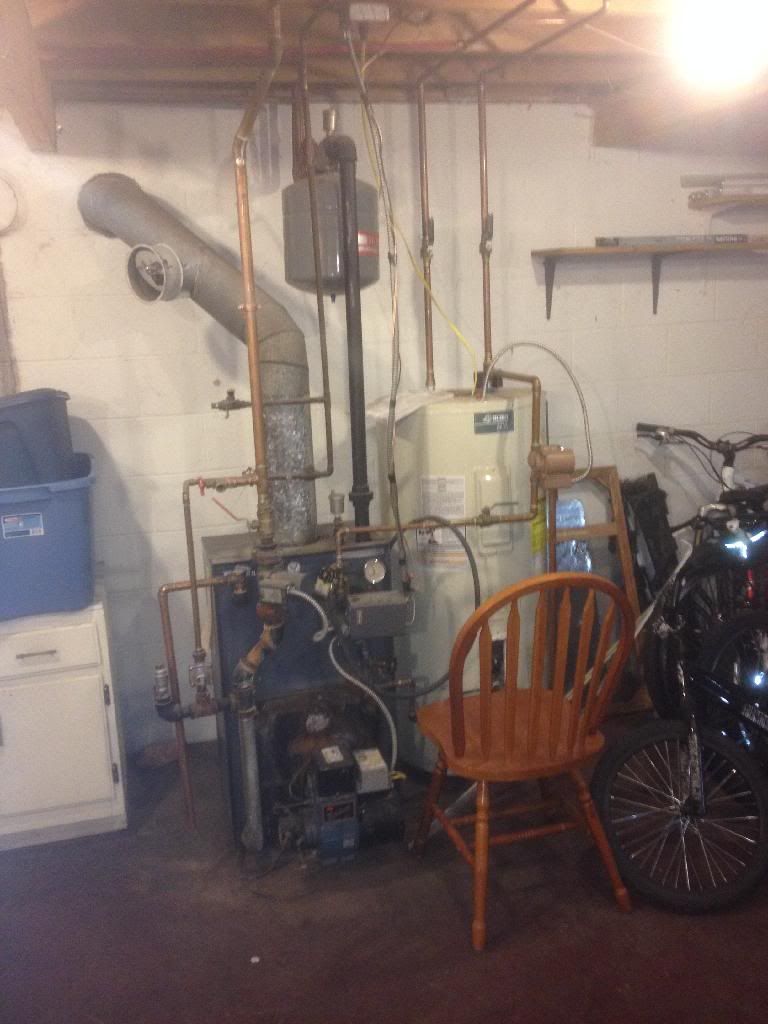Hi from frost cold VT. I've decided to go for a pellet boiler, but am sort of lost on how I can install this myself. Was quoted 10k to 15k for a pellergy, kedel or similar installed. Am looking at doing a Harmon stove with conversion kit, or if less expensive, a LMF Americas heat, if I can find one. What I'd like to do is connect it in series to My Weil McLean, to use its plumbing valves pumps, etc. I just don't see how I do that, or what I need to buy in addition to the boiler itself.

I guess what I need is a pellet boiler integration/installation for dummies. Any help and guidance would be appreciated.

I guess what I need is a pellet boiler integration/installation for dummies. Any help and guidance would be appreciated.

